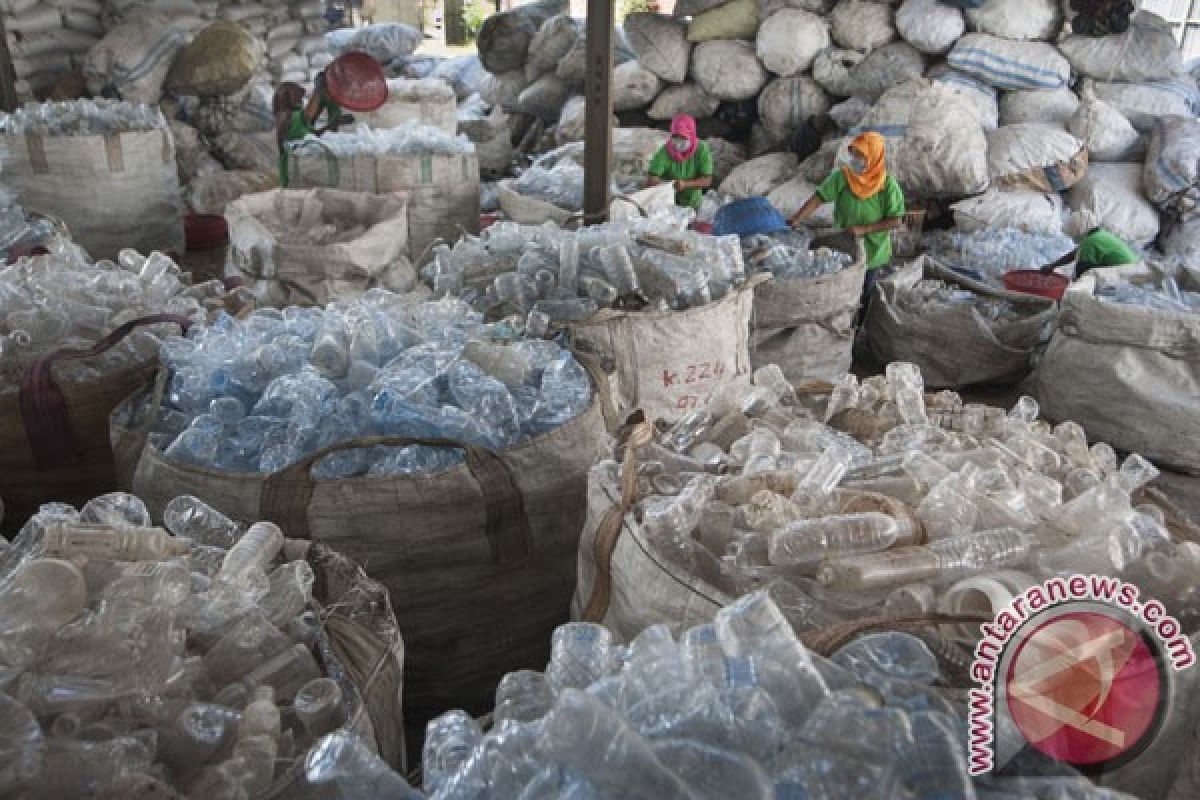PUPR Minister Basuki Hadimuljono noted in a release on Tuesday that garbage had become a global concern, as all countries faced the same problem.
"The problem of waste is a matter of behavior, so it is necessary to change the people`s habits to discipline them to dispose off garbage in its right place. This is one step in the path to realizing mental revolution," Hadimuljono remarked.
Hadimuljono affirmed that his side continues to improve the capacity of local governments, both in infrastructure and human resources, to carry out solid waste management along with the community.
In addition, the Ministry of PUPR encourages communities to process waste using the 3R approach of reuse, recycle, and reduce, so that the waste can be reduced to around 35 percent or the garbage that reaches the landfill is only 65 percent of the volume of waste.
Environmentally friendly waste management is a global issue, with "Municipal Solid Waste Management" being selected as the theme of World Habitat Day 2018.
World Habitat Day, determined by the United Nations, is commemorated annually on the first Monday of October, while every Oct 31 is celebrated as World City Day.
Environmental NGOs, Greenpeace found more than 700 plastic waste brands from audits conducted by Greenpeace Indonesia along with several local communities on three beaches in various parts of Indonesia.
"There were 797 brands of plastic waste that we found from three locations, the biggest of which were food and beverage brands (594 brands), followed by body care brands (90), household needs (86), and others (27)," Greenpeace Indonesia Urban Campaigner Muharram Atha Rasyadi noted in a press release in Jakarta, last Friday.
Their audit of plastic waste was conducted in mid-September at three locations: Kuk Cituis Beach in Tangerang, Pandansari Beach in Yogyakarta, and Mertasari Beach in Bali.
In addition, he admitted to having found vast amounts of plastic waste that was no longer visible to them.
"This indicates that the waste had long been disposed and is in the environment," Rasyadi explained.
He explained that globally, only nine percent of the plastic waste was recycled and 12 percent was burned. In other words, the remaining 79 percent ended up in dumps or waterways, such as rivers, which flow into the ocean.
Reporting Muhammad Razi Rahman
Editing by Otniel Tamindael
Reporter: Antara
Editor: Otniel Tamindael
Copyright © ANTARA 2018












